Are Lilies Poisonous To Cats?
[easy-social-share]
Most of us love to receive a bouquet of flowers and it’s not surprising that the most common flower found in these arrangements are lily flowers due to their exquisite beauty.
Sadly for cats, many people who work in flower shops, garden centers, and gift merchants are totally oblivious to the fact that some lilies are poisonous to cats and include these in arrangements.
The key is knowing what flowers are safe, and which lilies are toxic to cats.
Read on to find out what species of lily you need to remove from your house and garden if you own a cat.
We’ll also touch on why lilies are dangerous, what happens to a cat if they ingest a lily, and how vets treat lily toxicity.
Let’s get right to it.

What Lilies Are Poisonous To Cats?
Lilies are beautiful flowers that are often used in ornamental floral arrangements for holiday celebrations, weddings, and funerals.
Lilies of the genera Lilium and Hemerocallis (Day Lilies) have been shown to cause nephrotoxicity (kidney disease) in cats.
It isn’t just a bouquet of flowers that can be deadly, our gardens can also prove hazardous to our cats.
Many gardens contain lilies that are poisonous to cats including Day Lilies, Christmas Lilies, and Easter Lilies.
Neighbouring cats and dogs often enter the garden at free will, posing a deadly risk to their lives.
Examples Of Poisonous Lilies
- Day lily,
- Japanese lily,
- Christmas lily (not flowering in the picture below),
- Red lily,
- Easter lily,
- Tiger lily.
 Day Lily
Day Lily
 Japanese Lily
Japanese Lily
 Red Lily
Red Lily
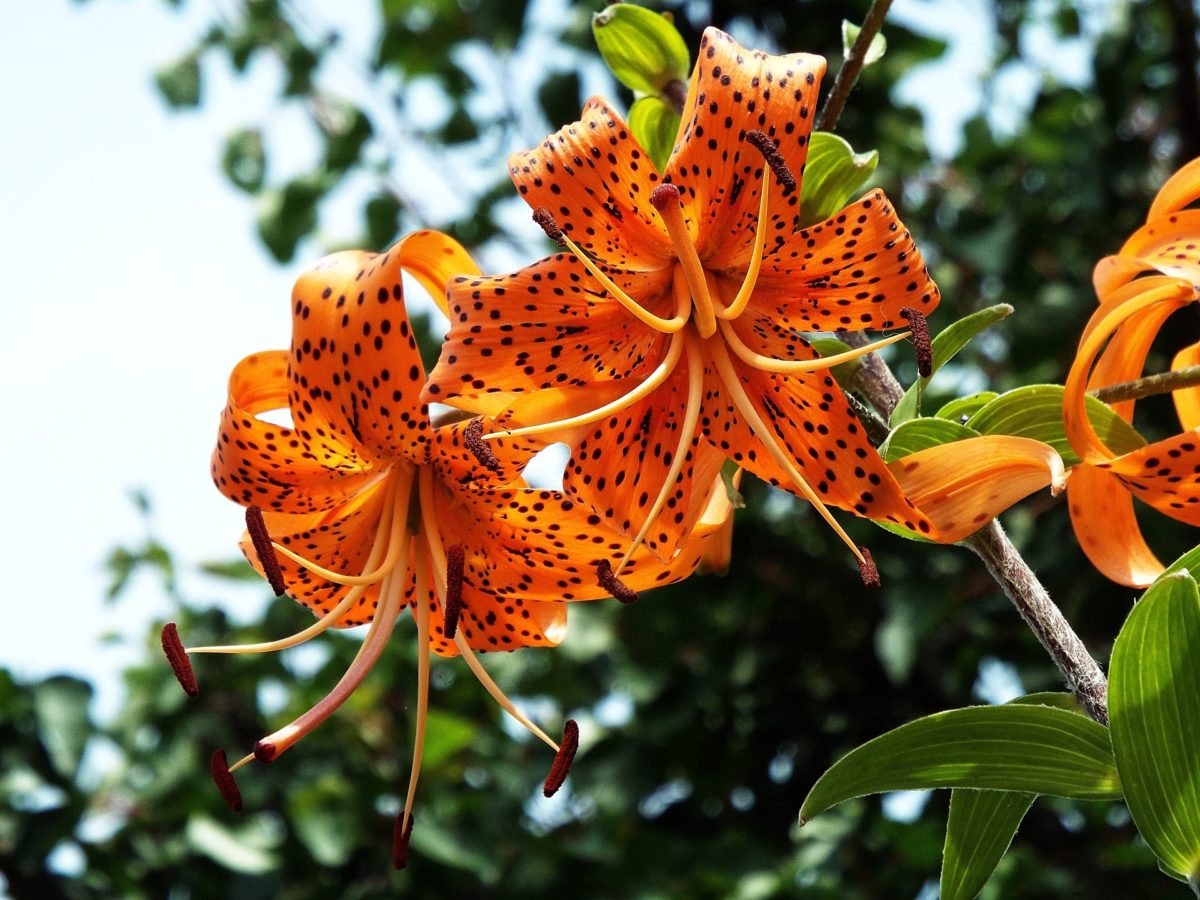 Tiger Lily
Tiger Lily
 Easter Lily
Easter Lily
 Christmas Lily prior to flowering
Christmas Lily prior to flowering
What Happens If My Cat Eats A Lily?
The exact toxin in lilies that is poisonous to cats hasn’t been identified yet.
What we do know is that this toxin causes acute kidney failure in cats.
Cats are extremely sensitive to lilies where even the smallest ingestion of any part of the plant can result in severe, acute kidney failure.
Cats have been known to be poisoned by ingesting vase water or even licking pollen that has brushed onto their fur.
All parts of the plant are poisonous including the pollen, leaves, flowers, and bulbs, and can result in kidney failure within 24-72 hours of ingestion.
Although the exact toxin is unknown, we do know that it is water-soluble.
What Are The Signs Of Lily Poisoning?
The signs that indicate that your cat may have eaten a lily are not particularly exclusive to lily toxicity.
These signs are more indicative of a problem with the kidneys.
Signs that you may notice include:
- Depression
- Inappetence (not eating)
- Increased drinking
- Decreased or no urination at all
- Vomiting
- Wobbliness
The most important thing is if you have a suspicion that your cat has had contact with a lily, you need to seek veterinary attention immediately.
Can Lily Poisoning Be Treated?
It is crucial that if you think your cat has ingested or come into contact with a lily plant you get them to a veterinary clinic immediately.
Without aggressive treatment, many cats do die.
There is no antidote for lily poisoning, however prompt veterinary intervention can improve prognosis and some cats will survive, albeit with kidney damage.
If you witnessed your cat eating a lily leaf or petal your veterinarian may start with decontamination i.e. they will induce vomiting and give a substance called activated charcoal to bind the poison in the stomach and intestines.
However, the most important part of treatment is aggressive fluid therapy.
Your cat will be placed on an IV drip and likely have its bladder catheterised so that urine output can be monitored.
Blood tests for kidney function and monitoring of urine output will help determine if treatment is working.
It can take a few days before signs of kidney damage show, but treatment needs to be started very quickly to help improve the chances of recovery.
Minke’s Story – Why Lilies Are Dangerous
Are All Lilies Poisonous?
Not all lilies are deadly, however, they all can cause toxicity issues.
Some lilies contain oxalate crystals that cause irritation and swelling to the mouth, pharynx (throat), and oesophagus which may make it difficult for the cat to swallow or breathe.
While they might not cause deadly kidney failure, your cat may still require treatment from a veterinarian.
Lilies That Don’t Cause Kidney Failure
Examples include:
- Anthurium Lily,
- Arum Lily,
- Peace Lily,
- Canna Lily.
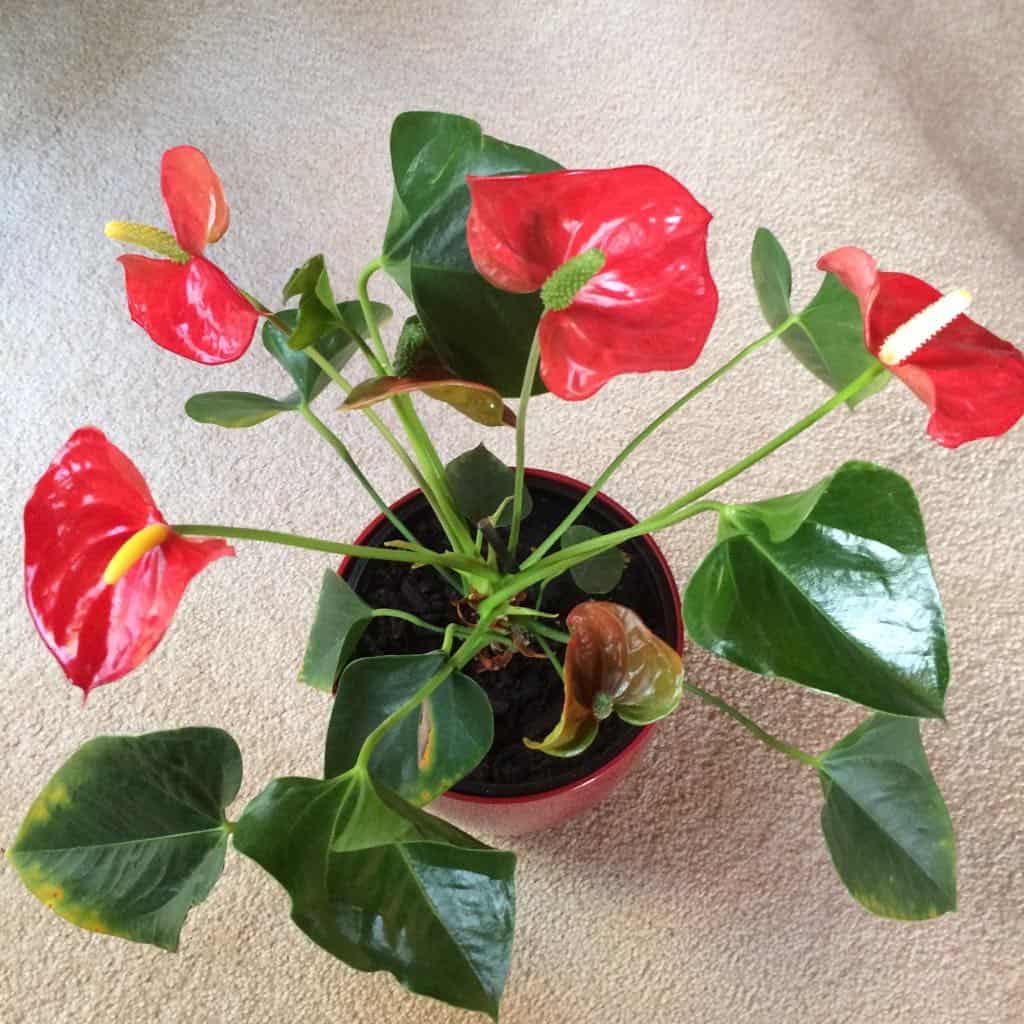 Anthurium Lily
Anthurium Lily
 Canna Lily
Canna Lily
 Peace Lily
Peace Lily
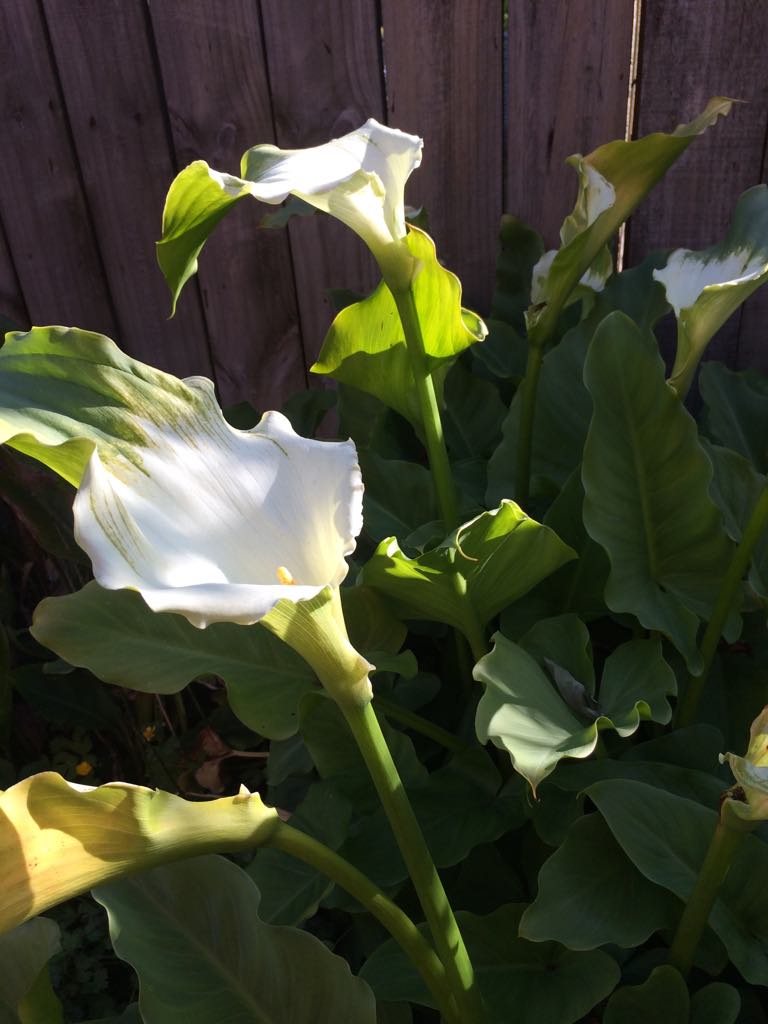 Arum Lily
Arum Lily
What Do I Do If My Cat Eats A Lily?
Because of the potentially deadly nature of lily toxicity, it is very important that you get to a vet immediately.
If you are ever unsure what to do our 24/7 vets can help you immediately.
The sooner treatment is started, the more favourable the outcome.
It’s important to take a sample of the lily plant (or whatever it is that your pet has eaten or touched) with you so that the vet can identify what kind of lily your pet has eaten.
Are Lilies Poisonous To Dogs?
Luckily for dogs, lilies are not so deadly for dogs.
Lilies can still cause gastrointestinal upset and make dogs ill if they ingest enough, but they don’t get kidney failure.
Dogs can be affected by the oxalates and get an inflamed mouth.
Lilies Are Poisonous To Cats
It’s important that we know the common poisons that affect cats.
While not all lilies cause kidney disease, we can confidently say that all lilies are poisonous to cats in some way.
Cats require emergency treatment by a veterinarian as soon as possible.
Many lilies can cause kidney failure.
Many cats die after ingestion of lilies if they don’t receive aggressive treatment within 24 hours of ingestion.
If you are worried about your cat please don’t hesitate to contact our online vets, we are available 24/7.
People Also Ask
Q. Can I give my cat any human foods?
A. balanced and complete diet for your cat is essential for good health. However, you can feed it raw or cooked meat every once in a while, as well as carrot, zucchini, and broccoli. If your cat enjoys it, you can offer it cheese, egg, whole grains, rice, and corn, but only in moderation.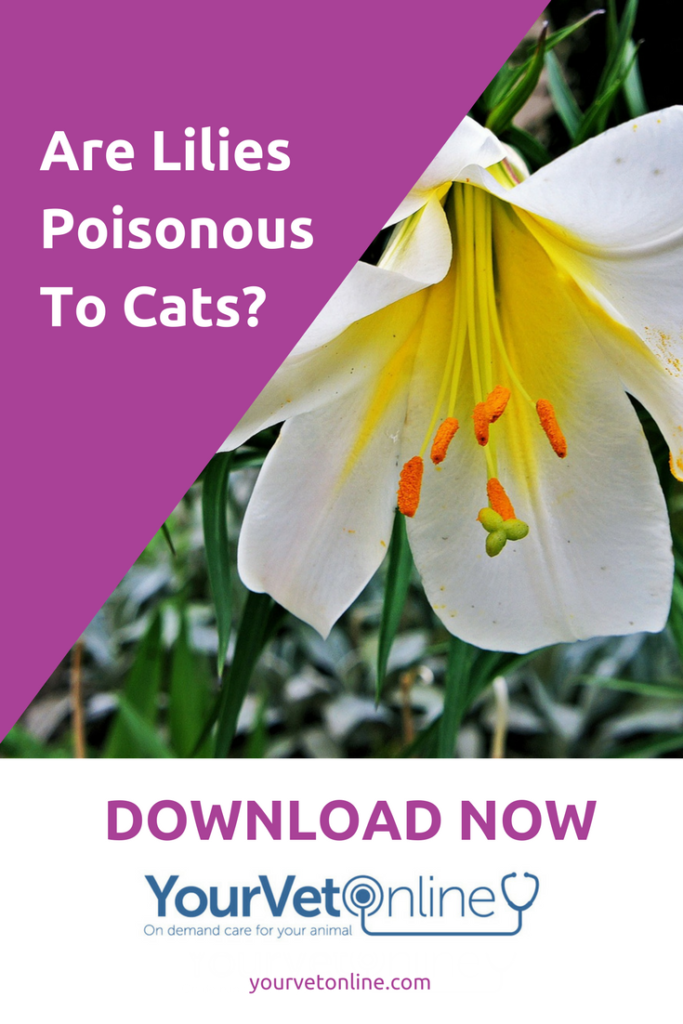



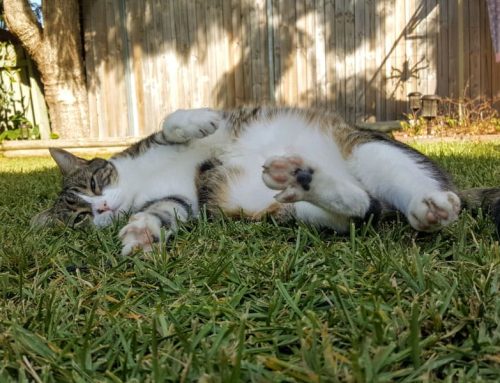
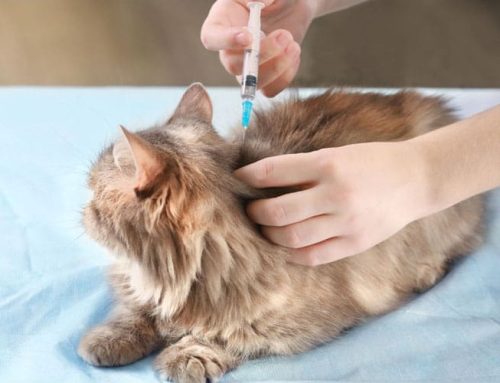
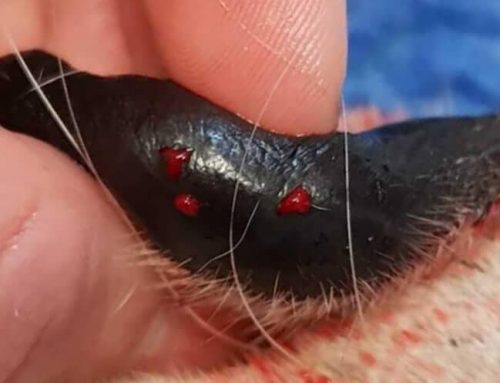
Are the rain lillies poisonous to cats and dog.